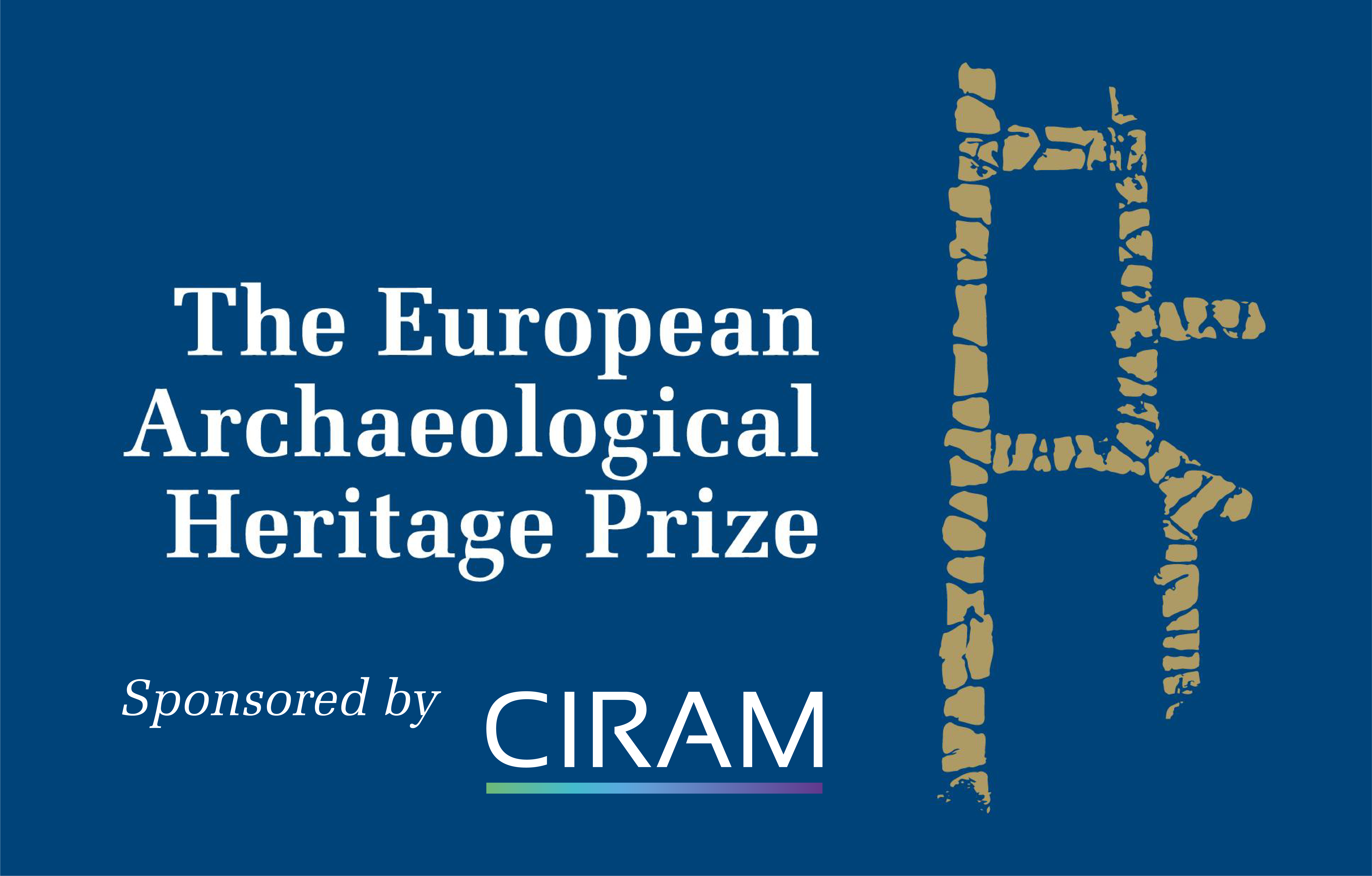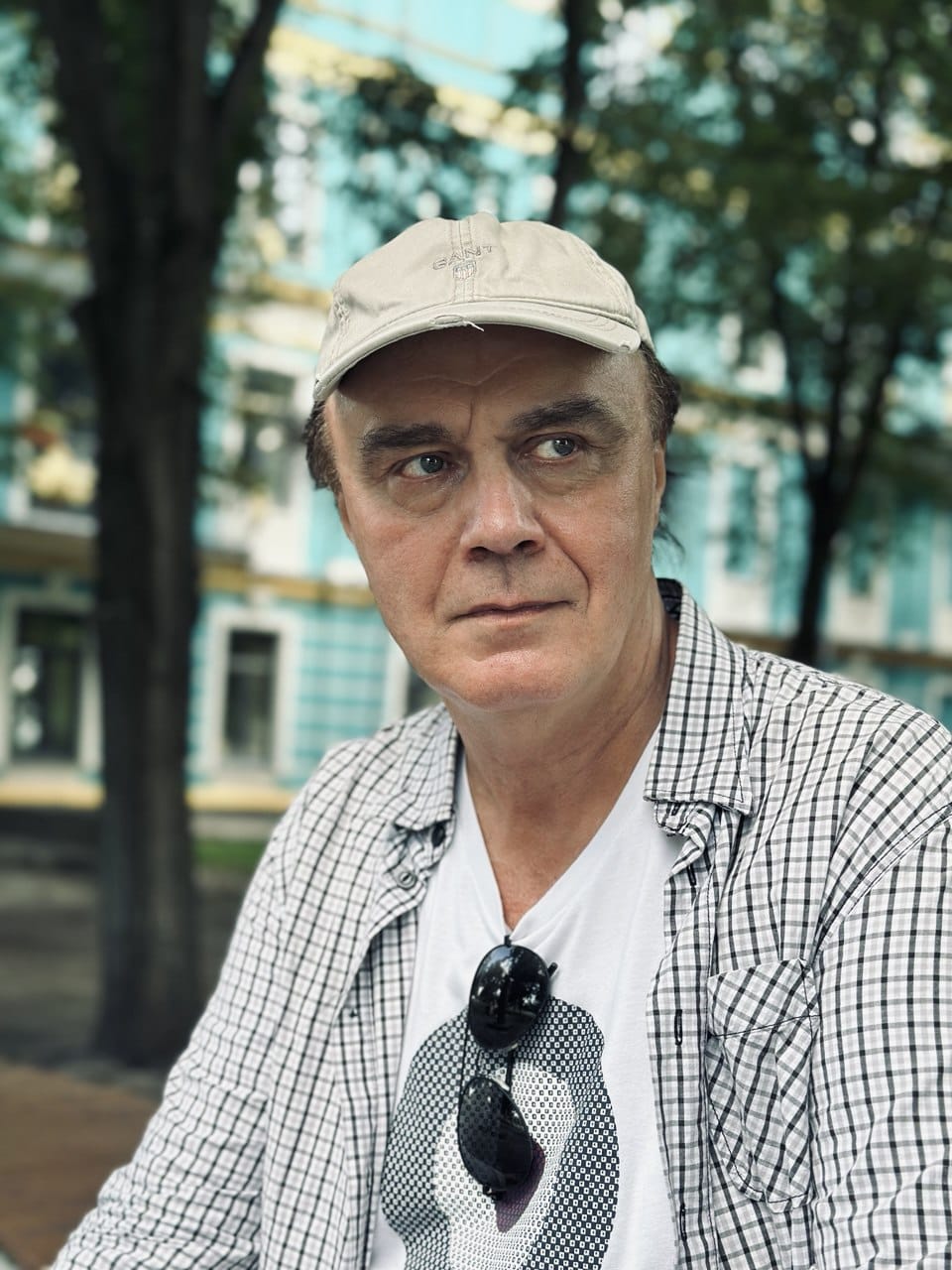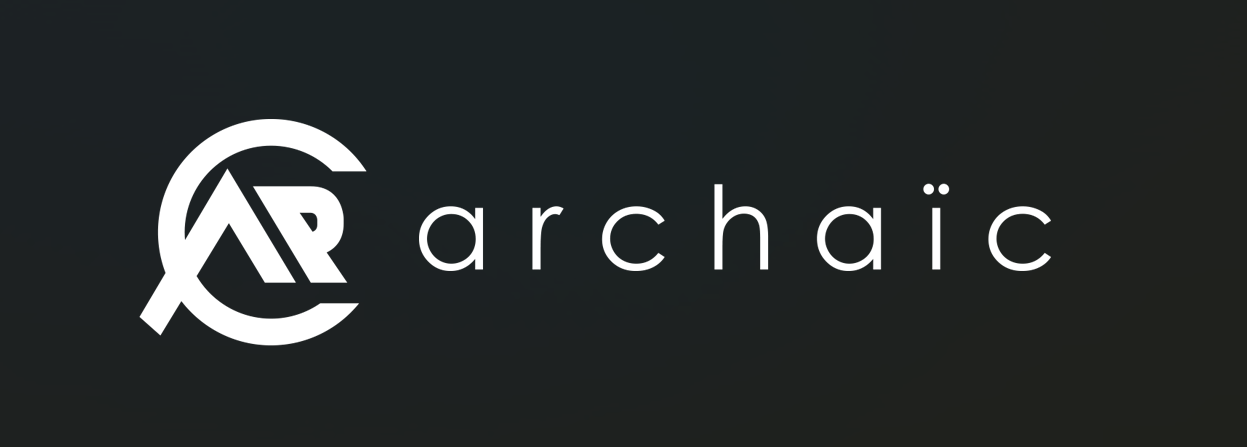European Archeological Heritage Prize 2025

Individual – Winner: Maksym Levada
Maksym Levada has demonstrated exceptional achievement in safeguarding Ukraine’s archaeological heritage through a rare integration of scholarship, public engagement, institutional reform, and legislative impact. His pioneering research on coin hoards and late antique material culture has advanced international understanding and positioned him as the leading authority on the region. In response to the war, he established Ukraine’s only permanent heritage-monitoring unit, recovering more than 15,000 artefacts, initiating over 130 criminal cases, and ensuring that confiscated objects were rapidly catalogued, conserved, and exhibited to the public. By shifting heritage protection from site-based defence to disruption of illicit supply chains, he has aligned Ukraine’s practice with forthcoming EU Regulation 2019/880. His expert testimony and data directly informed two presidential bills that elevate heritage crimes to indictable offences and harmonise national law with European standards. Levada’s work exemplifies how scholarship can be translated into durable institutional and legal safeguards.

Maksym Levada. Courtesy of Maksym Levada
Institutional – Winner: Scientific and Research Lab "Archaïc"
The NGO Scientific and Research Lab “Archaїc” has demonstrated outstanding institutional achievement in safeguarding cultural heritage in Ukraine under conditions of war. Despite limited resources, Archaїc has pioneered digital preservation, producing more than 300 high-quality 3D records of unique artefacts and sites, including parts of the UNESCO-listed Historic Centre of Odesa, Paleolithic dwellings at Mezhyrich, and the Kernosivskiy Idol. Beyond direct documentation, Archaїc empowers local institutions by providing equipment, training, and methodologies, enabling over 30 experts across seven organisations to digitize endangered heritage. Their adaptation of European FAIR and Open Science standards to Ukrainian practice ensures national integration with EU frameworks, while their digital evidence contributes to the prosecution of cultural war crimes. Combining innovation, community engagement, and political relevance, Archaїc exemplifies a new model of institutional archaeology that protects heritage, advances scholarship, and strengthens resilience in the face of armed conflict.
